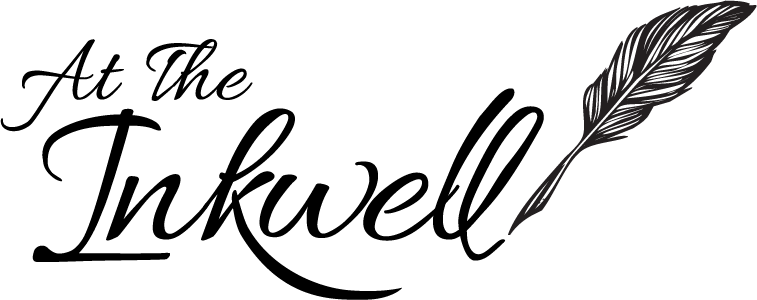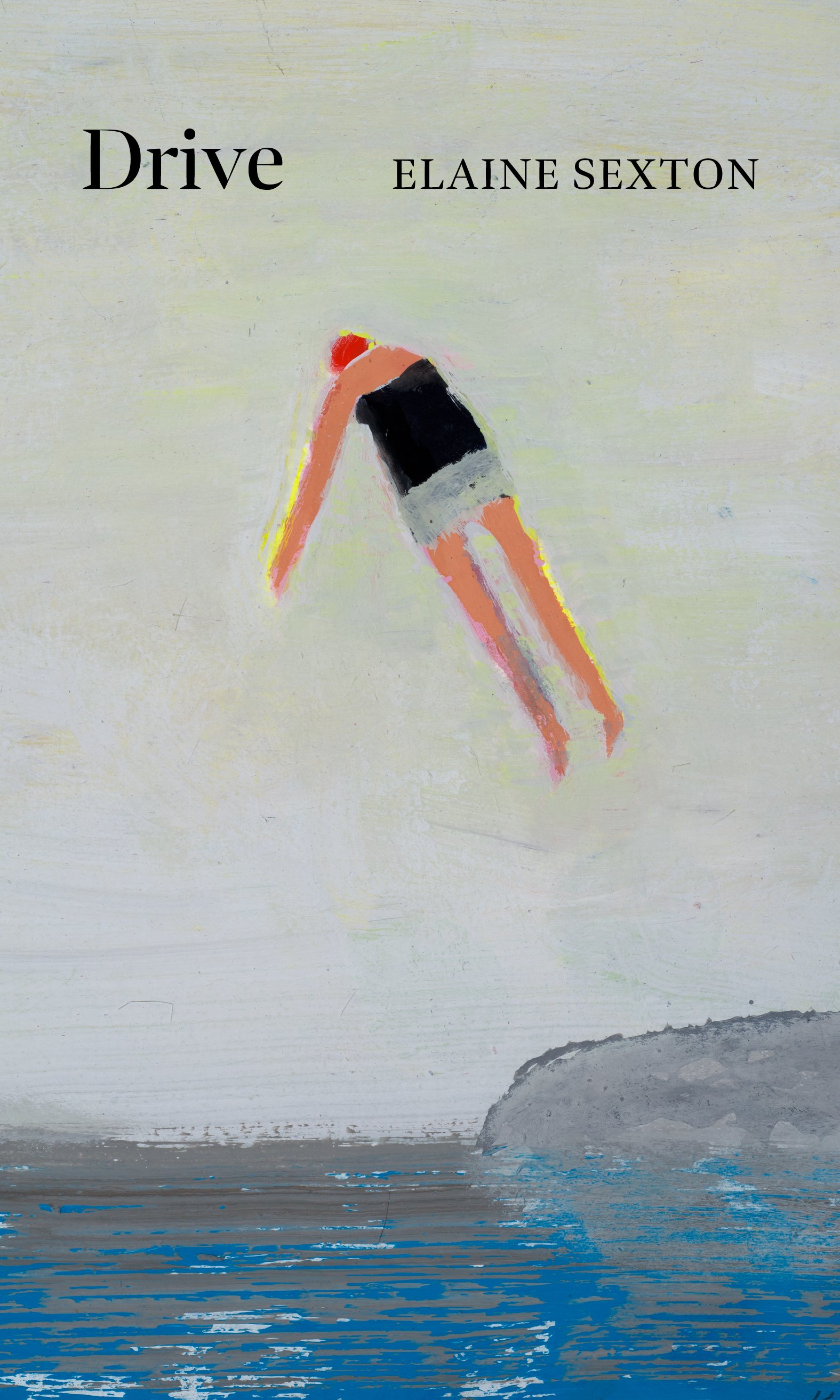Drive
Drive
by Elaine Sexton (Grid Books, $16.00)
“No passenger/ knows/ what a driver knows.”
There is something inherently American about a drive on the open road. Other countries certainly have fine cars and highways, but there is a mythic quality to the American road trip that is unique. Perhaps it is because we are a nation that came of age in the era of the automobile that the roar of an engine is embedded within so many of our ideas about freedom, mortality, nature, and the search for meaning. A passion for cars and a willingness to explore these ideas informs much of Elaine Sexton’s latest book, Drive.
For many of us, freedom is the first word that comes to mind when we see a car speeding down the asphalt. Like Bruce Springsteen in so many of his best songs, Elaine Sexton sees this is as a way out, “real wheels/ take me out of state/ escaping the trap.” These lines are from the title poem of the collection and later in that same poem she writes, “when/ driving I think of love/ as a road trip, the soaring,/ the breakdown.” Here Sexton perfectly describes the exhilaration of a foot on the gas with hands on the steering wheel, feeling a sense of autonomy and power.
But as we all know, such freedom comes at a price. One has achieved independence while also “blessed/ with little significance/ without lover without friends/ no family.” By escaping the trap, you may find yourself alone. By seizing control of your own life, you may find out how little control you actually have. These are the dangers of freedom, the “dead zones/ in America/ where no one lives/ and satellites turn a deaf ear.” American life is made up of all these highs and lows and Sexton represents them accurately in Drive.
The greatest limit to human freedom is mortality. This is a theme found throughout the book. There are remembrances of those who have died, “his face, a flag, fades/ and folds into/ what it once was/ in death, an anthem.” The poet also wrestles with her own mortality, “I’m certain the end is the sea./ Not the sound of the sea,/ but the sea itself.” In this poem, “Transport”, Sexton is a traveler on a coastal highway looking out over the edge of land and human existence.
It is mortality that connects us with nature in so many of these poems, however. “A walk in the woods/ with you, who have been silent/ for years. You will blow sun/ in the spring-leafed trees.” In this collection, we are in the dust, the grass, the wind. Another connection to nature occurs through the automobile. Poems describe trips to see birds and other wildlife, the sleek machines juxtaposed with the natural landscape in a way that led me to contemplate so much of the twenty-first century.
What I enjoyed the most about Drive was the visceral sense of touch, particularly in the nature poems. While reading the book, I almost felt like my own hands were feeling what Sexton was describing, “I brush the mud/ from my shirt, clip the dead/ and dying dahlias.” These lines are both earthy and intentional, the lines of a worker. Like many folks on the road, in this book the narrator is searching for meaning. And perhaps it is here, in the dirt, where it can be found.
Benjamin Schmitt
Benjamin Schmitt is the author of four books, most recently The Saints of Capitalism and Soundtrack to a Fleeting Masculinity. His poems have appeared or are forthcoming in Sojourners, Antioch Review, The Good Men Project, Hobart, Columbia Review, Spillway, and elsewhere. A co-founder of Pacifica Writers’ Workshop, he has also written articles for The Seattle Times and At The Inkwell. He lives in Seattle with his wife and children.


